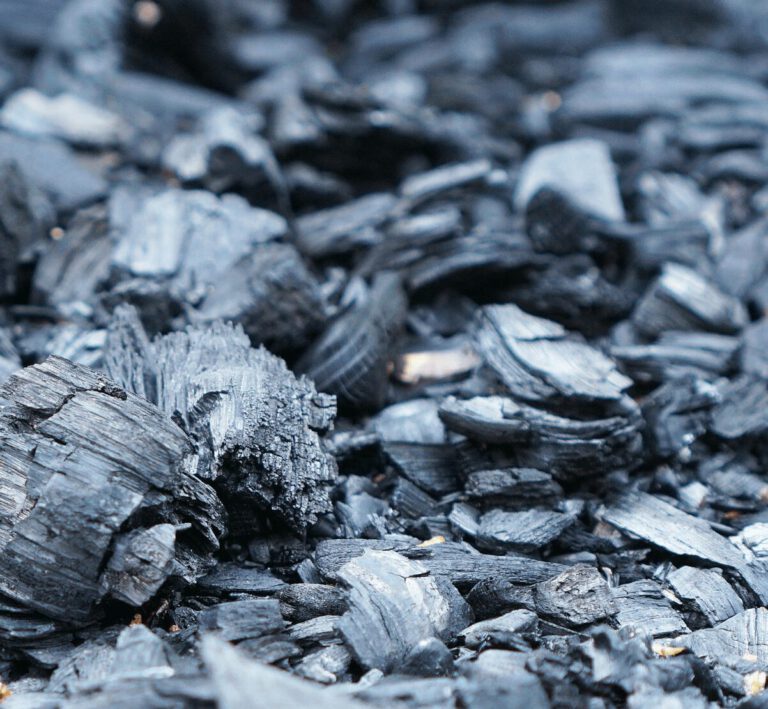Closing the Loop: From Bioenergy to High-Value Carbon Products
The Circular Carbon Economy: From Atmospheric Removal to Value Creation

The established model of capturing emissions and permanently storing them is now being complemented by a more dynamic, circular approach. This involves not only capturing CO2 but also transforming it into valuable commercial products. This shift from simple storage to utilization creates new economic incentives and industrial pathways, beginning with processes that can remove CO2 directly from the atmosphere.
The Foundation: Bioenergy with Carbon Capture (BECCS)
A key technology in this field is Bioenergy with Carbon Capture and Storage (BECCS), a process capable of achieving “negative emissions.” It functions by leveraging the natural carbon cycle in conjunction with industrial technology.
The BECCS process involves four main stages:
Biomass Growth: Plants and other biomass absorb CO2 from the atmosphere via photosynthesis.
Energy Conversion: This biomass is then used as a feedstock to generate energy, such as electricity, heat, or biofuels.
Carbon Capture: The CO2 that is released during the energy conversion process is captured at the source instead of being emitted.
Sequestration or Utilization: The captured CO2 is then either prepared for permanent geological storage or directed into a utilization pathway.
By capturing emissions from a biogenic source that originally sequestered carbon from the air, BECCS provides a mechanism for the net removal of CO2 from the atmosphere.
The Evolution: Carbon Capture and Utilization (CCU)
While geological storage is a viable option for sequestration, Carbon Capture and Utilization (CCU) offers an alternative pathway that treats captured CO2 as a resource rather than a waste product. This approach uses the captured carbon as a feedstock for a variety of industrial and commercial applications, creating a circular flow of carbon.
Key CCU applications include:
Synthetic Fuels (E-Fuels): Captured CO2 can be combined with hydrogen produced from renewable energy to create synthetic liquid fuels. These include sustainable aviation fuel (SAF), synthetic diesel, and gasoline. These fuels are compatible with existing infrastructure and are important for decarbonizing transportation sectors like aviation and shipping.
Building Materials: CO2 can be injected into fresh concrete, where it mineralizes and becomes permanently bound within the material. This process not only stores the CO2 but can also enhance the concrete’s strength, potentially reducing the amount of cement required.
Chemical and Polymer Production: The chemical industry can use captured CO2 as a carbon feedstock to produce polymers (plastics), chemicals, and other materials that have traditionally been derived from fossil fuels.
The Workforce for a Circular Carbon Economy
Building this integrated system, from biomass sourcing to final product creation, requires a diverse and skilled workforce. The following professional competencies are essential to connect and manage this circular process:
Chemical and Process Engineering: Expertise in designing and operating the systems for energy conversion, carbon capture, and chemical synthesis.
Agricultural and Environmental Science: Knowledge of sustainable biomass sourcing, lifecycle analysis, and the ecological impacts of land use.
Materials Science: Required for developing new catalysts for fuel synthesis and optimizing the properties of carbon-based materials like polymers and concrete.
Geology and Reservoir Engineering: Necessary for projects that include a geological storage component for any CO2 that is not utilized.
Policy and Market Analysis: Professionals who can navigate carbon credit markets, develop new business models, and ensure compliance with environmental regulations.
